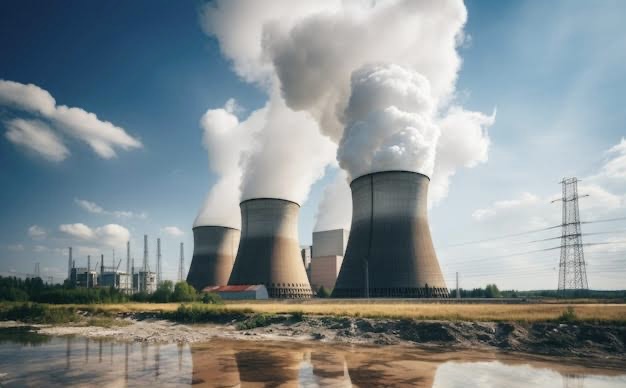KEY POINTS
- South African corporates are ramping up renewable energy investment despite Eskom’s improved performance.
- Rising tariffs are driving the shift, with firms aiming to cut reliance on Eskom.
- Eskom’s legal fight against private licences threatens South Africa’s energy reform momentum.
Even as Eskom enhances performance and lessens load-shedding, the biggest corporations in South Africa are increasing their investments in renewable energy projects and shifting billions of dollars to off-grid power.
The change reflects a desire to protect operations from erratic state services and growing corporate annoyance with the state-owned utility’s rising tariffs.
Kevin Lings, chief economist at Stanlib, claimed that because businesses have an estimated R1.5 trillion in cash on hand, they are reluctance to make widespread economic investments. However, along with backup water supply and security infrastructure, renewable energy is still one of the few sectors drawing consistent investment.
“Corporates continue to invest in renewable energy, and I think part of that is to simply be less reliant on Eskom for electricity,” Lings said on Stanlib’s Corporate Conversations podcast. He added that a significant number of renewable projects registered with regulator Nersa in the first half of 2025 already matched last year’s entire investment tally.
Cheaper power, less exposure to Eskom hikes
The trend runs counter to expectations that private investment would taper off once Eskom improved its performance. Instead, the dominant motivation for corporates has shifted: escaping Eskom’s relentless price increases.
“Another part may be the hope that companies can soon sell some of their excess generation back into the grid,” Lings said. “But a major part of it now is that companies are looking for cheaper energy as the price of electricity from Eskom has continued to rise.”
South Africa’s government has long touted the “decade of energy reform,” opening the door to private participation in power generation. Companies from mining to retail are increasingly going it alone, building solar, wind, and hybrid systems to shield themselves from price shocks and safeguard continuity.
Eskom’s legal battles raise reform fears
Eskom, however, has pushed back against the reforms, filing legal challenges against five trading licences granted by the regulator to private companies. The move has sparked criticism from business lobby groups and raised concerns that litigation could derail the government’s energy liberalisation agenda.
“Eskom cannot be both the primary cause of our energy crisis and the gatekeeper of its solution,” said Busi Mavuso, chief executive of Business Leadership South Africa. “South African businesses are failing, jobs are being lost, and our economy is stagnating. We need more power on the grid, now.”
Eskom has been ordered to drop the lawsuits by Electricity Minister Kgosientsho Ramokgopa, who described them as a direct threat to reform. Additionally, Business Unity South Africa cautioned that the difficulties could prolong the economic and social consequences of power outages, delay important projects, and create uncertainty.
The fight is as much about relevance as it is about revenue for Eskom, whose monopoly once appeared to be unbreakable. However, the decision for South African corporations is becoming clear: invest their vast fortunes in energy independence or continue to be held captive by a system that many no longer trust.



